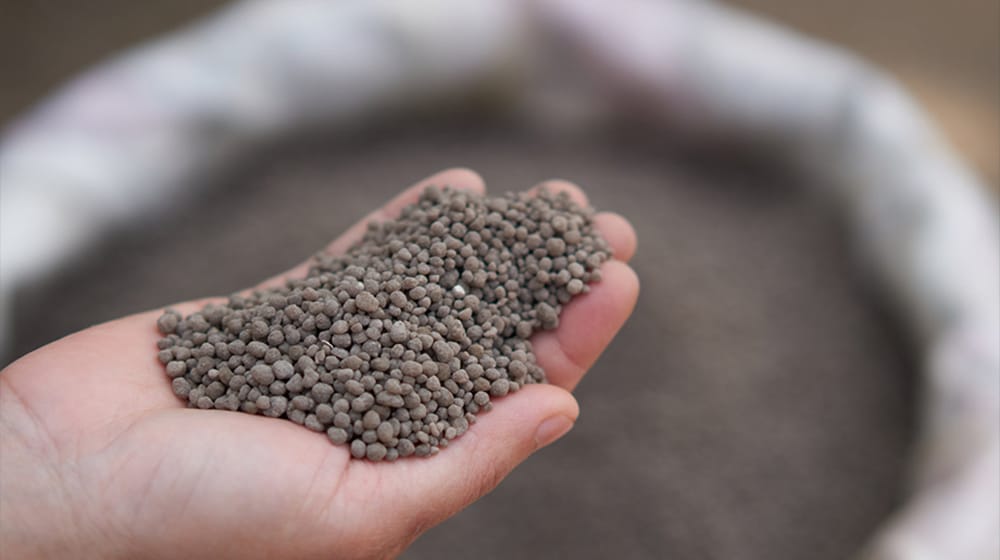In a letter to the Ministry of Commerce, the Fertilizer Manufacturers of Pakistan Advisory Council (FMPAC) has raised serious concerns over the approval of Diammonium Phosphate (DAP) import through the Trading Corporation of Pakistan (TCP).
According to the letter, the approval of such an important subject without consulting the stakeholders is to the utter dismay of the fertilizer industry which has been ensuring timely availability of fertilizers through competitive bidding at the opportune time over the past years, ever since, the import of DAP has been deregulated.
The Economic Coordination Committee (ECC) has recently authorized the Trading Corporation of Pakistan (TCP) to facilitate the import of Diammonium Phosphate (DAP) without any financial burden on the government.
According to the source, the approval came out of the blue as no summary had been moved. This has raised concerns in the domestic importers as it is likely to disrupt the supply chain badly.
Executive director FMPAC, Brig (R) Sher Shah Malik, said that it is important to examine the implications of the proposal for the fertilizer supply chain to avoid subsequent complexities. The intervention of TCP in phosphatic fertilizer imports will have damaging consequences for the farmers and domestic industry and will also have a significant impact on the country’s economy and food security at large, he added.
FMPAC rejected the proposal saying that regulating a product that is imported is subject to variations in price due to import CFR cost and exchange rate under the prevalent environment. FMPAC warned that the intervention by TCP will not only eventually lead to product shortage in the country, but the proposal of brokerage fee by TCP will also be ultimately passed to the end users by the international suppliers.
According to FMPAC, Pakistan’s average DAP annual off-take is around 2,000 Kilo tons (kt) per annum, supplied through nearly 35 percent (800 kt) local production and 65 percent (1,200 kt) imports (as per current exchange rates, it is valued around $1.2 Billion per annum). At present, eleven (11) importing companies, which include Urea Manufacturers, importers, and a few dealers, carry out import of DAP in the country.
Domestic prices in the country are directly linked to CFR international prices and rupee-dollar parity, which frequently vary throughout the year. The imports are executed at competitive prices and on a need basis in line with the comparatively narrow application window.
As per the current import model, the country never experienced a DAP shortage. Regular and timely imports ensured product availability to the farmers while promoting the use of balanced fertilizers. The data for the last ten years shows that the fertilizer industry carries significant DAP stocks throughout the year, over and above the buffer stocks. This has a significant carrying cost which is currently borne by importers.
Brig Sher Shah stated that the proposed model might be envisioned to protect against a price increase in the international market if the domestic price is kept unchanged due to old stock acquired at lower rates. However, it must not be overlooked that in such a scenario, it will discourage importers from further imports due to fear of losses.
Similarly, in case of a decrease in international DAP prices, our farmers will be deprived of the benefit as costlier imported stocks are bound to be sold at higher prices to avoid extensive losses to the dealers. If importers are compelled to adjust prices, they will avoid investing in DAP, thus leading to a DAP shortage in the country.
FMPAC requested the government that the regulation of DAP import should not be executed in the national interest to ensure uninterrupted availability of DAP to the farmers throughout the year because this regulation will undermine national efforts to attain self-sufficiency in fertilizers by discouraging any new investments in the country.





















